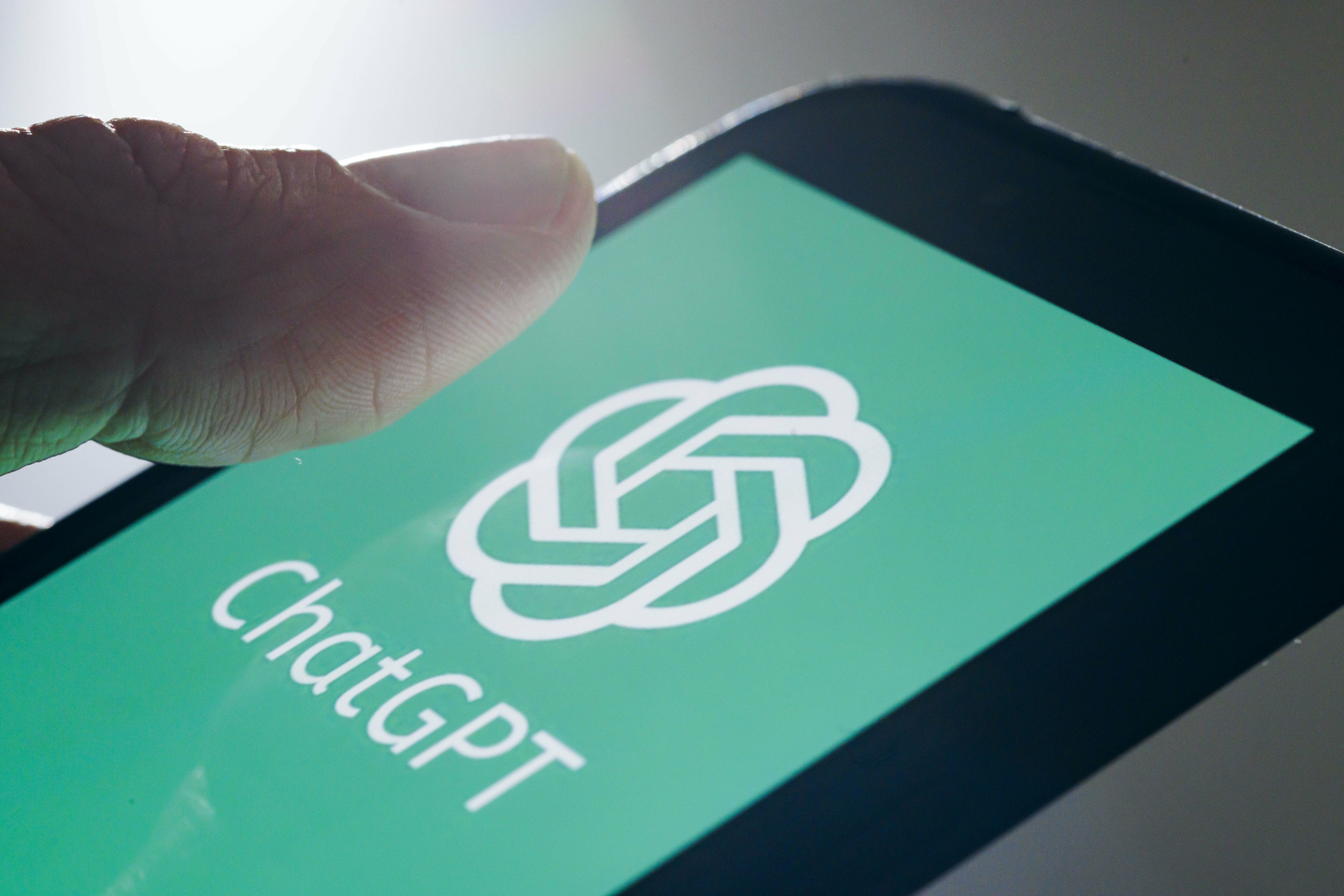
In his 2008 book, Risk: The Science and Politics of Fear , Canadian academic Dan Gardner sought to trace humanity's various ills to one source—our inability to accurately evaluate risk. He posits that the 24-hour news cycle—and the havoc it has wreaked on our psyches—has created a dynamic which has increasingly skewed our judgement of what is or is not dangerous and risks proximate to our lives. As a result, according to Gardner, we are now a global village united by our anxieties as much as our shared experiences.
When geneticist and computational biologist Christopher Mason and I started writing The Age of Prediction , we wanted to consider how the artificial intelligence (AI) revolution could fundamentally transform even human activities—from the most fundamental to the most complex. At the same time, we wanted to explore how AI could reshape our perception and emotions, the kind of second-order impact analysis that Gardner so powerfully conducted. Risk is another word for uncertainty.

It is a foundational element to how we understand the world, underpinning many of the important decisions in our lives. Although we are living through the early days of the AI revolution, perhaps the most widespread and profound impact will be how this technology transforms our approach to risk. What will be crucial is recognizing that AI's ability to help us perceive the future will alter our lives in ways that people are only just beginning to grasp.
With this transformation in our relationship with the future, and partly because of it, will come a countervailing impulse—the desire to increasingly model a world that is confoundingly complex. The defining narrative over the coming decades will revolve around technological advancements' endeavor to render increased predictability with more certain outcomes. Over time, it will become clear whether AI will make all risks quantifiable and comprehensible, or if our cognitive machines will merely generate new risks and anxieties.
For now, I believe the only certainty is that as this process plays out, we will need to adjust our conception of the very idea of risk. Below, I set out several ways that I believe AI will redefine our relationship with the unknown, and how we might ensure that we are on the right side of this dynamic as it unfolds. —The Illusion of Certainty: AI models' increasing accuracy could fuel misconceptions around the technology's true capabilities.
When a machine predicts patterns, and when these predictions are increasingly correct (but not exclusively)—individuals could grow complacent, thinking that the future is all but settled. Suggestion: Treat AI as a tool, not a crystal ball. Appreciate its insights while understanding its limitations and continually apply critical thinking to it.
—The Perils of Overthinking: With the power to analyze and predict every minor outcome, individuals might become excessively risk averse. If AI recognizes every potential hazard, we might hesitate to act at all, paralyzing ourselves out of fear of uncertainty's consequences. Suggestion: It is vital to develop a critical mindset to distinguish significant risks from the unavoidable, minor perils of everyday life.
—AI Echo Chambers: Like the 24-hour news cycle that amplifies certain narratives, AI could create echo chambers, constantly feeding us information based on our previous experiences. And consequently, over time we may unknowingly reduce our critical thinking based on these echoed ideas. This emergence of groupthink could fuel a cycle that constantly reinforces our fears, thus distorting our perceptions as we increasingly rely on consensus instead of individual assessments.
Suggestion: Periodically reevaluate your AI data inputs to seek diverse information sources that portray a more balanced view of the world. Prioritize dialogue and explore opportunities to engage with new ideas or ways of thinking. —Cognitive Atrophy: A heavy reliance on AI to assess and make risk-based decisions may cause our cognitive abilities to atrophy over time.
Like unused muscles, our natural instincts to judge and navigate risks might weaken. Suggestion: Make a conscious effort to engage in activities that challenge your decision-making skills and judgment without AI's assistance. Predictive technologies will enable us to model outcomes with a degree of certainty that would have seemed impossible just a few years ago.
This new power to perceive the future comes with profound responsibilities and the need to understand how this dramatic evolution in our perception of risk will change how we think, feel, and interact with others. The world, and the way we perceive it, appears to be changing faster now than it did during the industrial revolution. To flourish in the Age of Prediction, we all should be thinking deeply and creatively about the impactful tools we will need in our journey.
Igor Tulchinsky is founder, chairman, and CEO of WorldQuant. The views expressed in this article are the writer's own..










